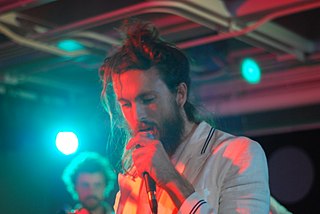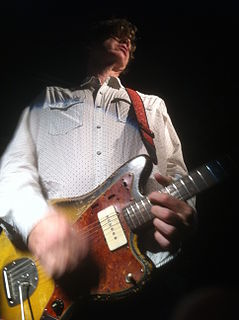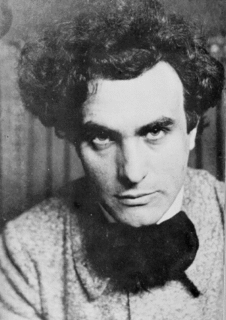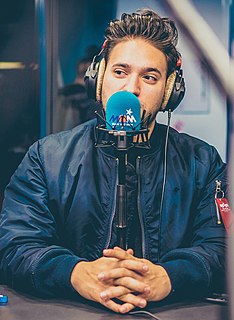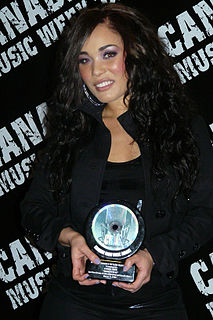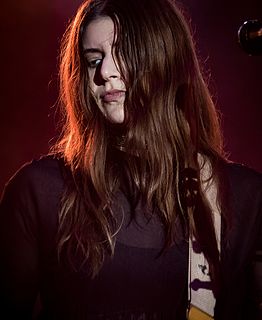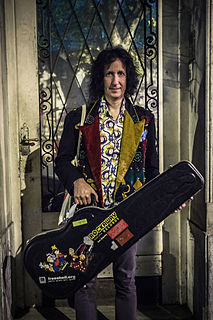A Quote by Alex Ebert
I think Edward Sharpe's music is counter-cultural music in the strangest sense where you have a time now where love, optimism, hope and community are uncool and not part of the mainstream culture.
Related Quotes
For instance, our music, They Might Be Giants, has this element of humor, which is probably the most uptight part of what we include in our music, because we're in part very self-conscious guys, and we want our music to stand up to the test of time, not just be visceral comedy records. We love humor and comedy, but there's this aspect to it that runs counter to what is included in most music.
Many teachers of the Sixties generation said "We will steal your children", and they did. A significant part of America has converted to the ideas of the 1960s - hedonism, self-indulgence and consumerism. For half of all Americans today, the Woodstock culture of the Sixties is the culture they grew up with - their traditional culture. For them, Judeo-Christian culture is outside the mainstream now. The counter-culture has become the dominant culture, and the former culture a dissident culture - something that is far out, and 'extreme'.
Of all the arts, music is the one communal art. It requires for its existence extensive cooperation and organization...Singing together the greatest choral music of all time is the surest way of developing in a community that sense of quality and reverence for beauty, which is the basis of a musical culture...Entertainment has its place in life just as candies and cocktails have, but health is not built on such a diet alone, nor culture exclusively on amusement.
I'm very much inspired by the Latin music, especially the romantic boleros. Not that when I sit to write a play I listen to boleros. But I think it's part of my DNA, it's part of my upbringing. I grew up in a house where this is the kind of music my parents used to listen to. This is the kind of music I would even hear in my neighborhood. I think that sort of romanticism is part of the culture.
But black folks have never really been optimists. We've been prisoners of hope, and hope is qualitatively different from optimism in the way that there's a difference between The Blues and Lawrence Welk. The Blues and Jazz have to do with hope while the other is sugarcoated music which has to do with sentimental optimism.
I think people assume that whatever kind of music you make is the music you listen to. Don't get me wrong, I listen to tons of pop music and all the music that really inspires Best Coast is very straightforward '50s and '60s pop music, but I've been listening to R&B and rap since I was a kid. I grew up in L.A. It's part of the culture. I listen to anything.
Argentina is a very interesting culture because unlike Europe and the US, they did not abandon rock and roll music, they did not turn their backs on it. It's an important part of their culture. So guitar music is an important part of their culture. So me being into rock music, I get respect working there, which wasn't happening in Europe or in the US.
